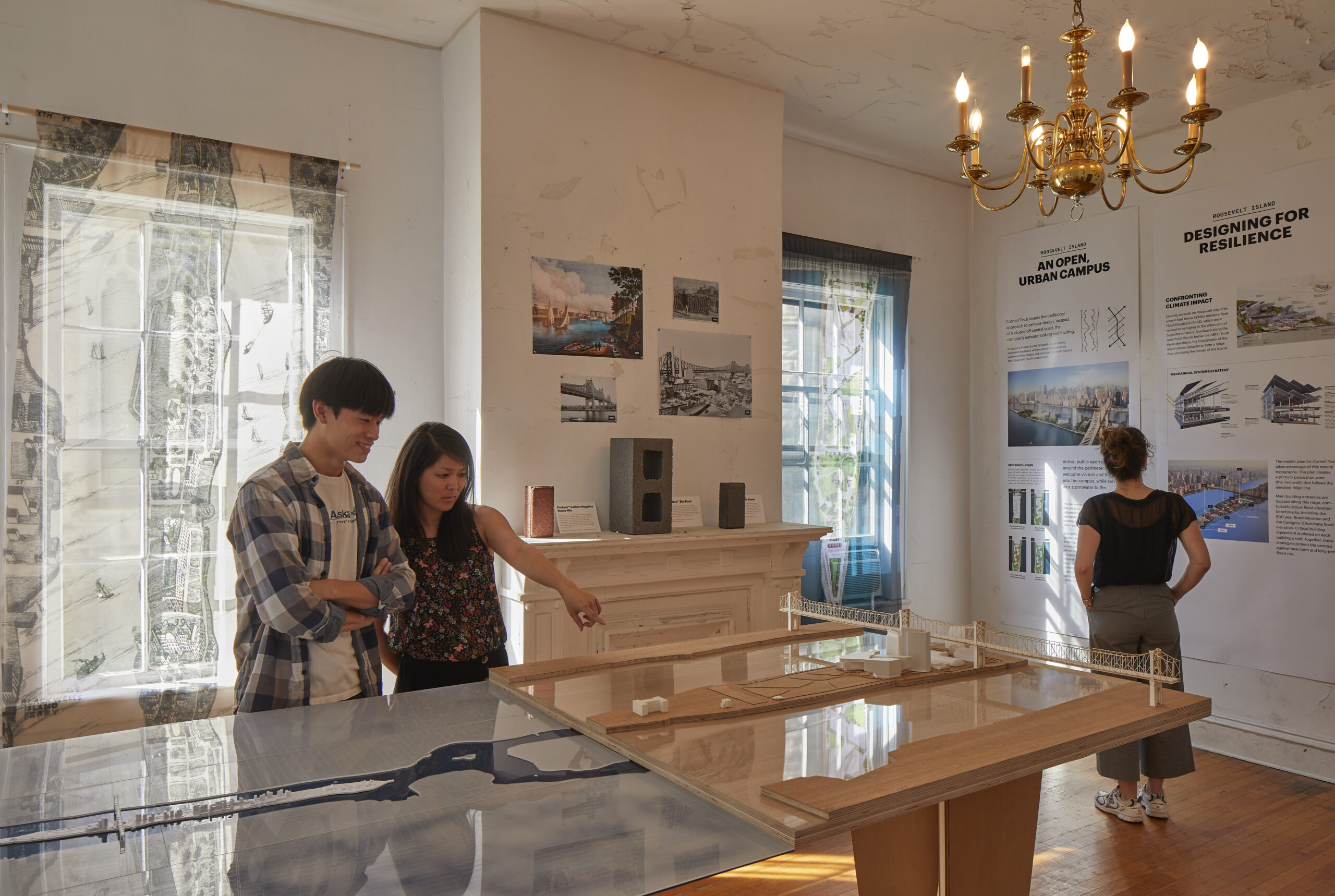
Adaptation(s) 2.0 collects five exhibitions at Pratt’s House on Governors Island at Nolan Park as well as related installations across the island. Anchoring the exhibitions and featured, are the work of Foster + Partners and Skidmore Owings and Merrill. SOM will be developing an exhibition highlighting projects on Roosevelt Island and Governors Island that involve varying measures of climate adaptation. The Foster + Partners exhibition will showcase historic work dealing with climate adaptation in the Canary Islands from the early 1970’s and leapfrog to related recent work in NYC and the Maldives.
Between the anchor exhibitions on the ground floor is an exhibition joining both floors featuring work from Pratt’s Center for Climate Adaptation entitled “Patagonia and Beyond.” It will include work from workshops and studios in Patagonia, Singapore and NYC. Upstairs will feature two exhibitions of graduating MS Urban Design and MS Architecture students working in Red Hook, Brooklyn and Jamaica Bay, Queens showcasing two scales of climate adaptation on Long Island; the 17th most populous island on the planet.
Along with the ongoing exhibition, guided tours were given by both the Director (David Erdman) and Program Coordinator (Poyao Shih), along with walking tours given by Pratt Professors May Joseph and Carl Zimring on September 24th for NYC Climate Week, and October 19th – 20th for Open House New York.
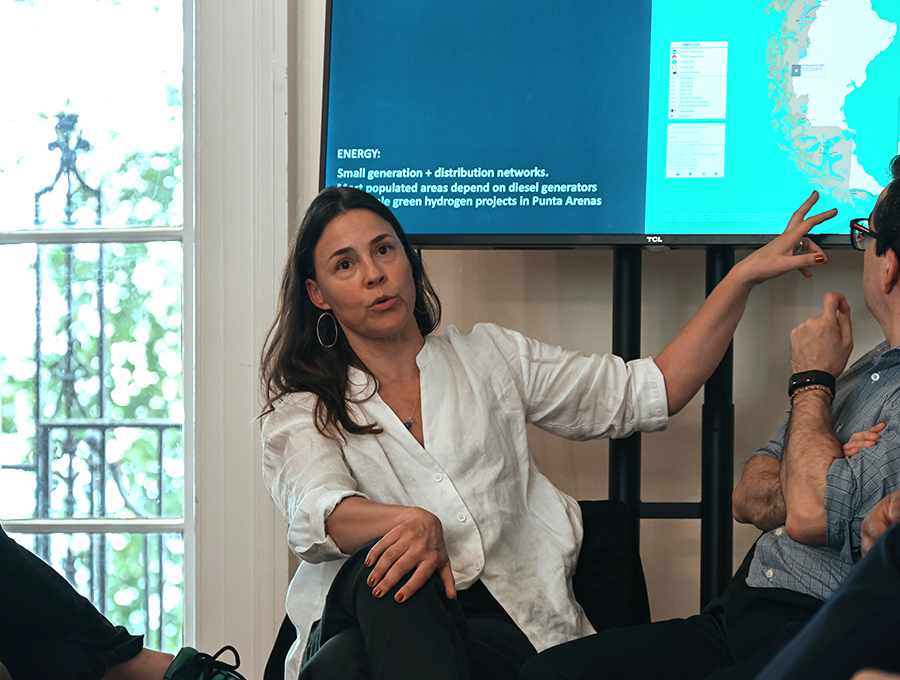
The center ran its second consecutive round of exhibitions and a panel for NYC Climate Week. The event was Co-Hosted with the NY Climate Exchange and the Trust for Governors Island. It was conceived, timed and convened on the occasions of the UN Summit of the Future. The panel, which took place at the Admiral’s House, included leadership of the New York Climate Exchange, The Trust for Governors Island, Pratt Institute; among others.
Entitled “Island(ing) Adaptations,” this panel brought together cross cut representation from high level government officials to innovative designers, financial leaders and policy makers. The title is intended to be a play on “AI” and denotes the intelligence of how land scarce/water scarce, island-based habitats, historic and contemporary practices across the globe could inform future urban and economic development. The “(ing)” is intended to situate an active role in exploring the subjects surrounding net zero water and design within this broader conversation. Each participant shared their perspectives and (through moderated discussion and Q&A) engaged one another and the audience in discussion.
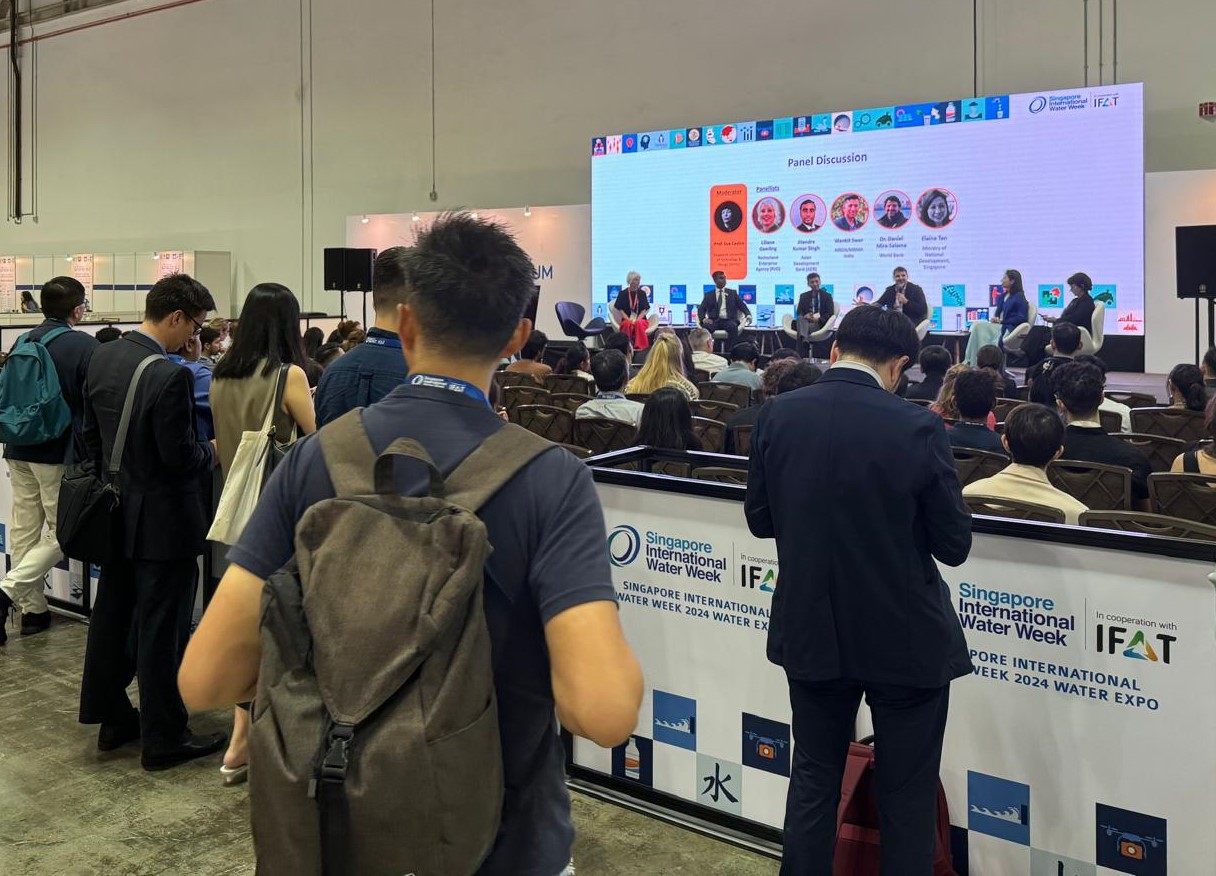
Layered upon one another, “Condensations” is entirely a public event that examines how (de)sign and the built environment intersect with issues of permanent climate change and strategies of adaptation. This event was a three part series that included an exhibition, panel discussion, and workshop and was held over the course of Singapore International Water Week. See the link below to learn more about each part of the event.
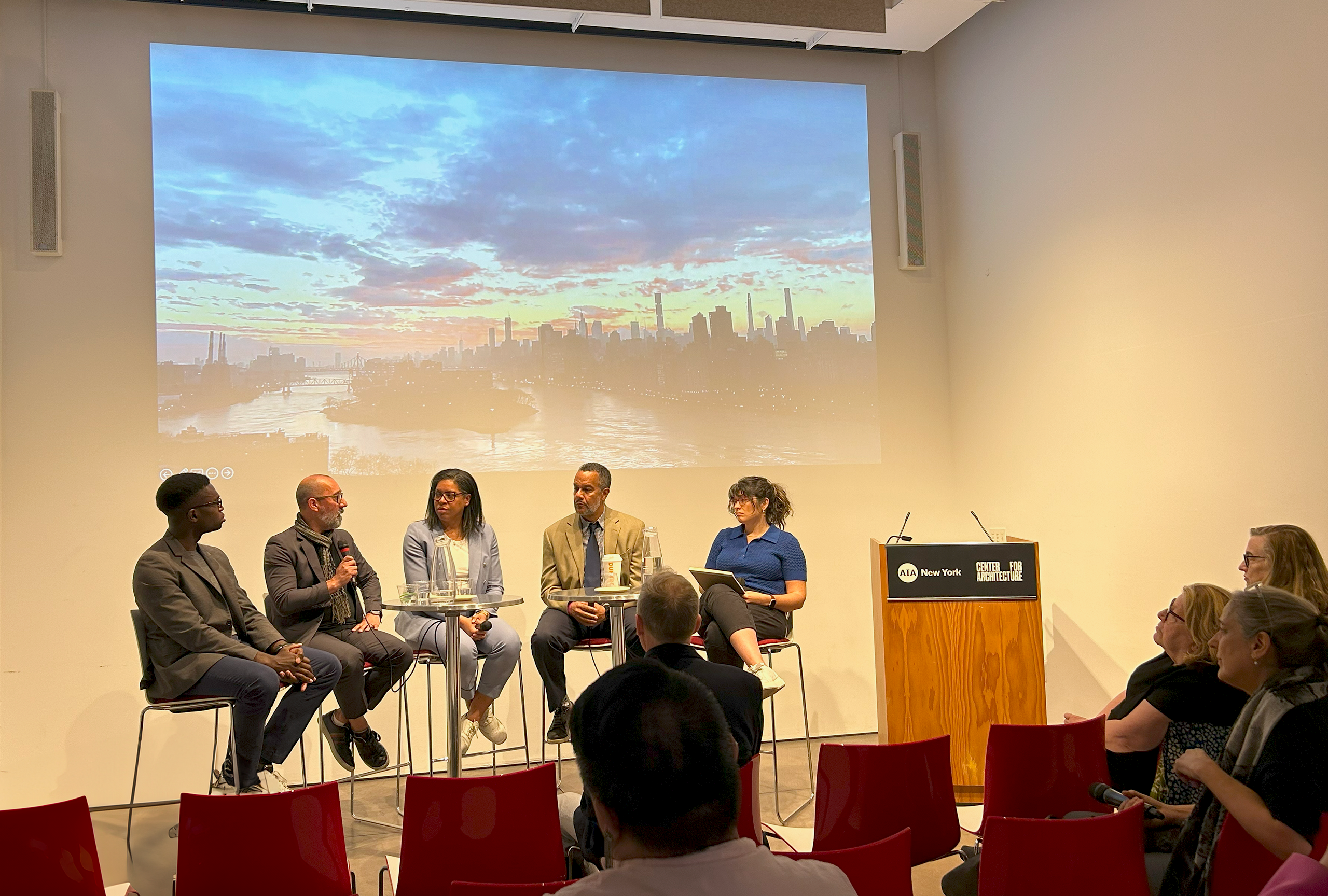
David Erdman participated in a panel hosted by the Center for Architecture and RFA on April 26, 2024. The panel included leadership from the Army Corps of Engineers, regional planning organizations, and community organizations at risk. The event was held to discuss the ways in which NYC can reasonably be seen to work and live with water that results from larger and more frequent storms and flooding. See the link below for more details.
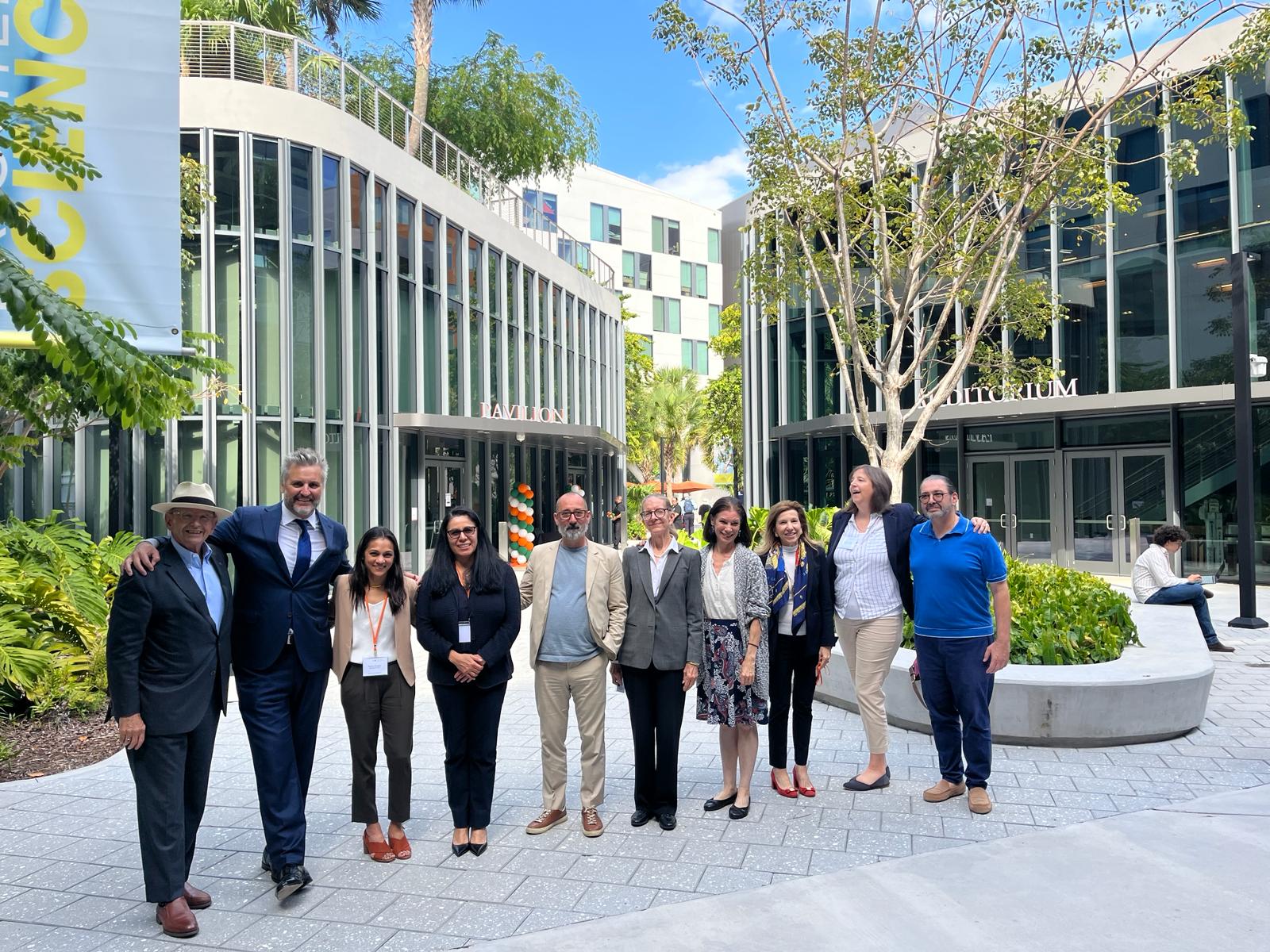
David Erdman was one of the keynote speakers at the Climate Resiliency Academy’s Symposium on April 21, 2024. This one day event was the second annual event held by the Academy and included the mayor of Miami, representatives from the Army Core of Engineers, NOAA and other climate change leading organizations. See the link below for more details.
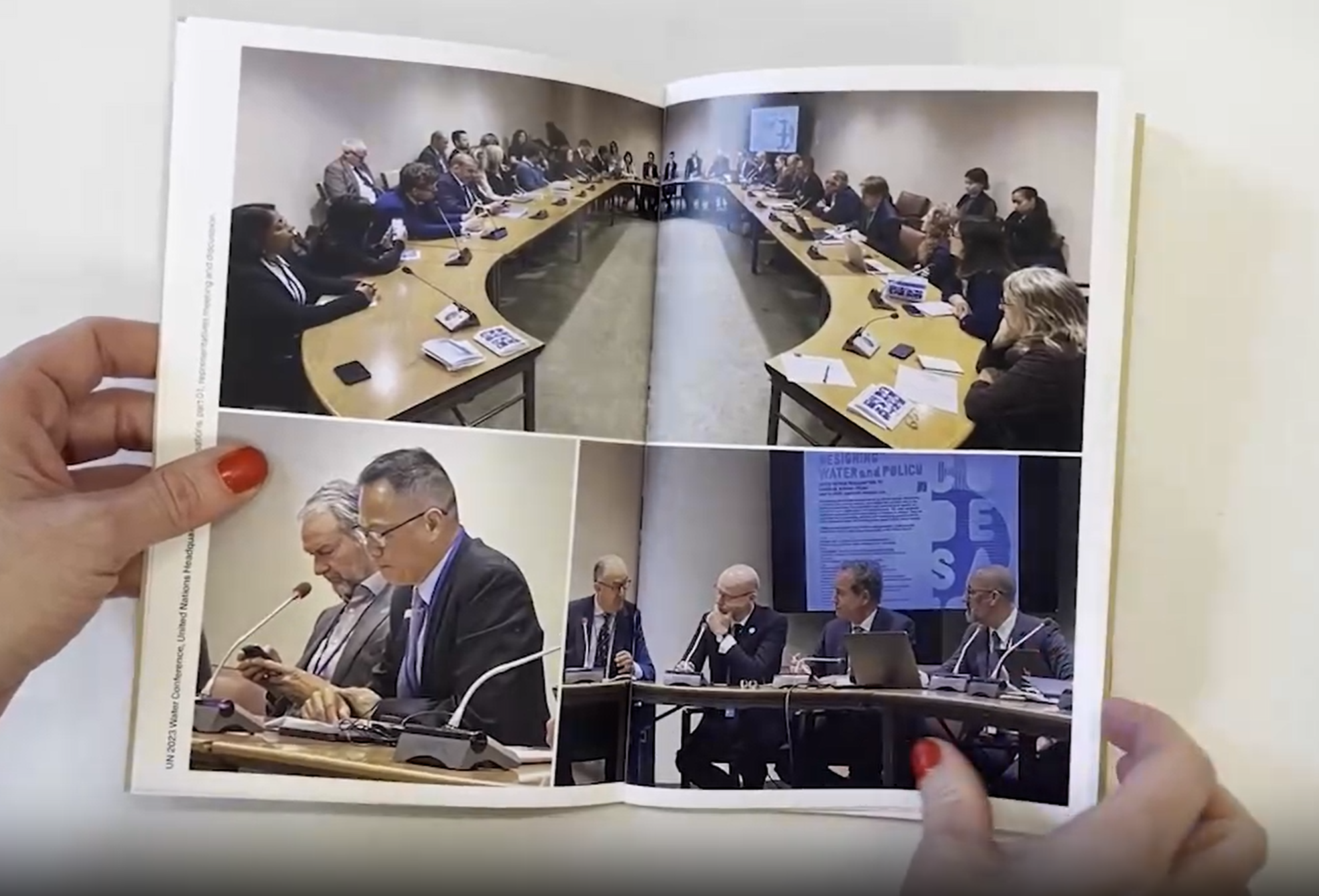
Pratt Institute hosted a three-part series of events on the occasion of the United Nations 2023 Water Conference (UNWC) which took place at the UN, on Pratt’s Brooklyn campus, and at the newly launched Pratt Research Yard. Layered upon one another, Condensations, Parts 1-3 examined how design and the built environment intersects with issues of permanent climate change and adaptation using three primary lenses: Policy, Value, and Action.
Combined, the events cut across sectors, evoking meaningful, in-depth discussions, brought together over three hundred attendees and constituent representatives from over six countries including but not limited to India, Thailand, Singapore, and Chile, from five C40 cities, from six academic institutions, and from over a dozen governmental organizations. The events concluded in a voluntary Water Action Commitment entitled the “Archipelago Agenda” between Pratt’s Center for Climate Adaptation, Pace University, Singapore University of Technology and Design (SUTD), Universidad del Desarrollo (UDD) and Anant National University.
[Part 1: Designing Water and Policy]
[Part 2: Design and Value: Between Communities, Science and Innovation]
[Part 3: Design in Action: Reciprocity from South to North]
Please email CCA-NYC@pratt.edu for full report booklet
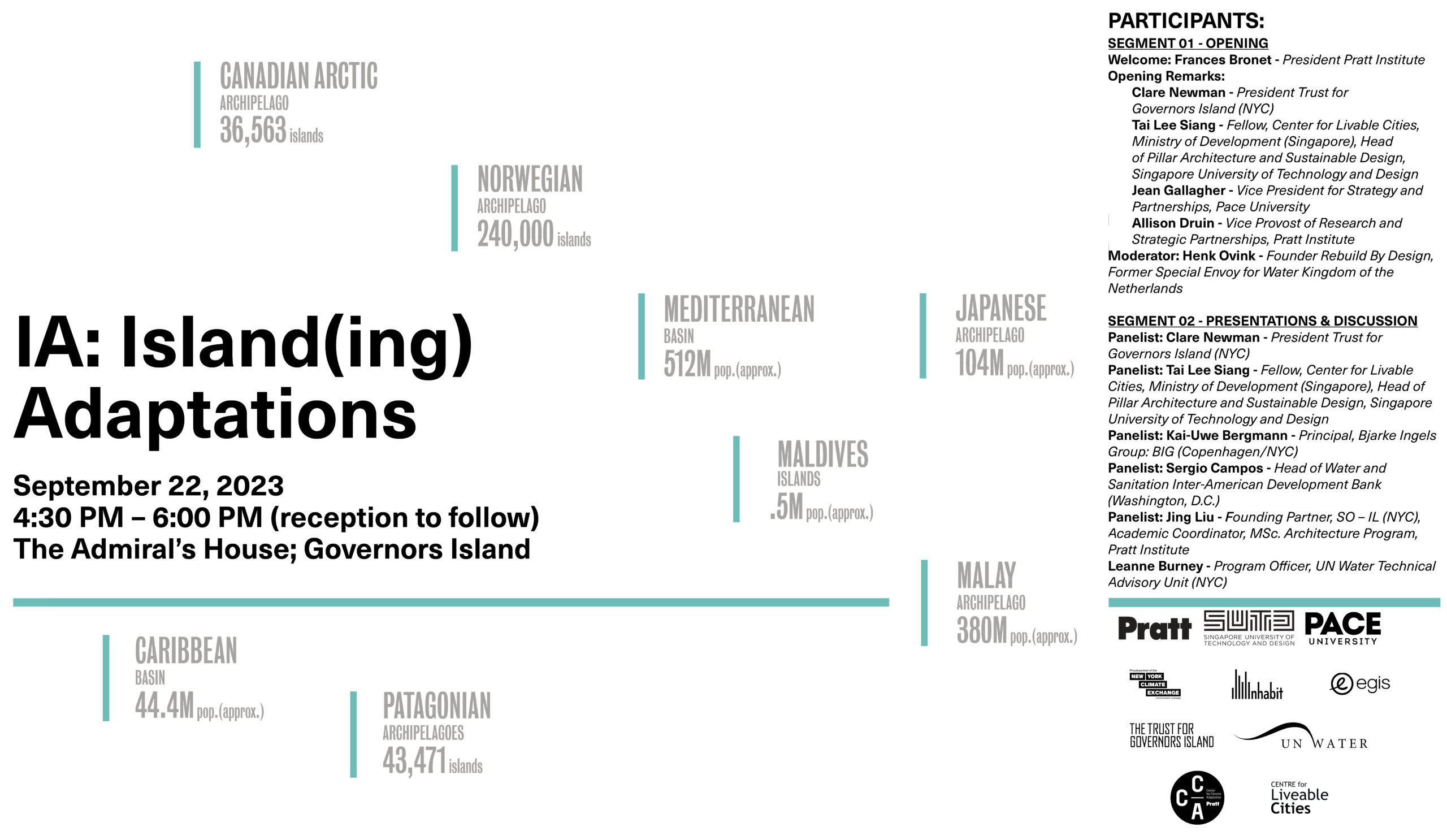
This panel brought together cross-cut representation from high-level government officials to innovative designers, financial leaders and policy makers. The title is intended to be a play on “AI” and denote the intelligence of how land scarce/water scarce, island-based habitats could inform future urban development on islands as much as the “(ing)” is intended to insinuate an active role in exploring the subjects/themes denoted below.
Over one tenth of the world’s population currently lives on islands. By 2030 more than 50% of the planet’s fastest growing urban areas are on and/or contain islands within their borders. Archipelagos, formed by clusters of islands, are among the most densely populated and climatologically vulnerable areas of the planet and include a wide array of cultures and races. They harbor both historic and prospective future practices of climate adaptation.
Infrastructural capacity and policy need to be discussed and understood for archipelagos. Understanding decentralized, island-based systems is critical to protect, learn from and test models of development in line with UN SDG’s, Kyoto and Paris Accords, for these amphibious “third’’ zones.
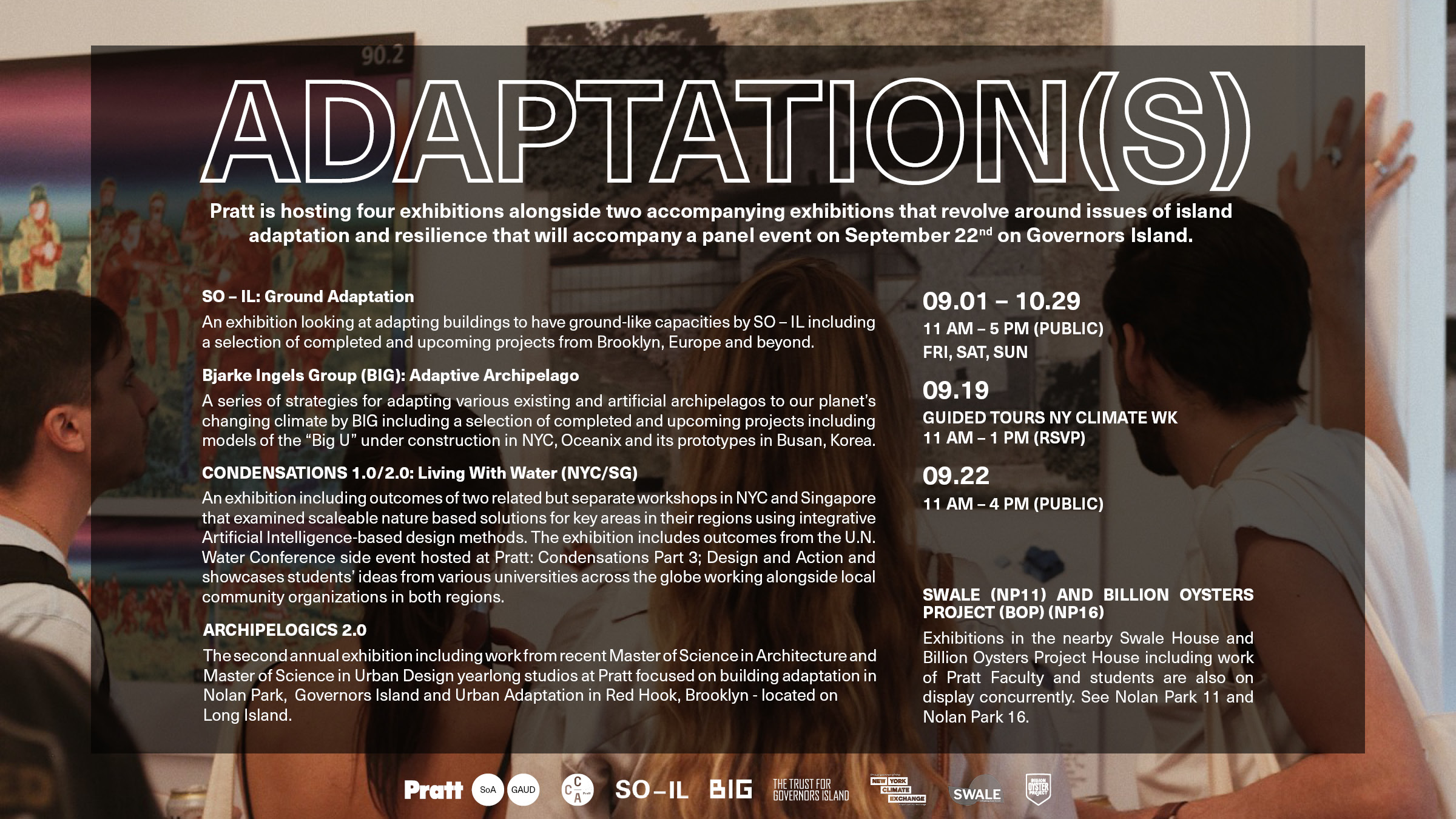
Adaptation(s) collects four exhibitions in Pratt’s Indoor Public Programming space on Governors Island located within Nolan Park. Each exhibition centers on differing aspects of climate adaptation and includes world leading architects (like Bjarke Ingels Group and SO – IL), alongside students from Pratt’s School of Architecture and various local and international community partners who collaborated on workshops/events Pratt hosted surrounding the UN Water Conference in March 2023.